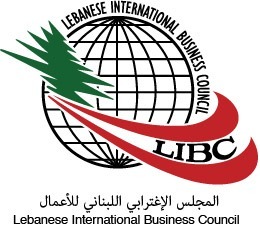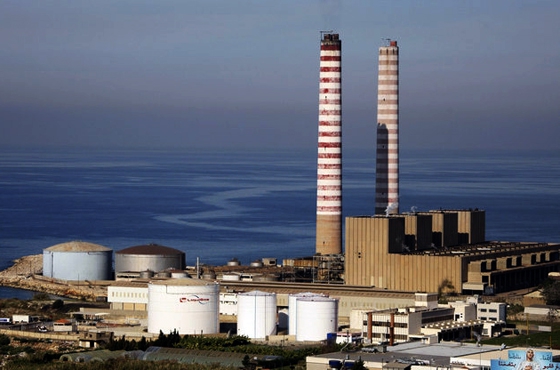$1 billion investment vehicle in Lebanon for infrastructure projects
FFA Private Bank (FFA) is preparing to launch a structured investment vehicle (SIV) to channel investments to power generation and other infrastructure projects. The initial objective is to reach $1 billion of investments in the short-to-medium term, over two to three years, said Jean Riachi, the bank’s chairman.
Solar, wind, and hydraulic power projects will be mostly targeted, as well as waste-to-energy projects and waste treatment projects. Most of the large projects will, in principle, be public private partnerships (PPPs), according to Iyad Boustany, Managing Director for Investment Banking at FFA.
“This financing vehicle, called ‘Lebanon Infrastructure Fund’, is very advanced in terms of financial sophistication. It is the first of its kind in the country,” Boustany said.
The financing could take different shapes whether debt or equity financing. It could include bonds, bank loans, and vendor financing. The funding could also be in the form of multilateral financing obtained from international organizations such as the IFC, German state-owned development bank KfW, and French development finance institution, Proparco.
Investment will mainly come from abroad, according to Riachi.
“We tell investors that they can be senior debt holders, junior mezzanine debt holders, or equity holders. Each option has its own risk and return aspects. We tailor these risks and returns to each investor’s preferences,” he said.
The ‘Lebanon Infrastructure Fund’ will own the assets of the projects. These will include physical ones such as land, buildings, power plants, wind turbines, and solar panels, as well as contracts.
Operators will manage the business against fees and a share in profits.
Financing the capital expenditure (CAPEX) of the projects will give operators the opportunity to expand their operations without the need to raise capital, Riachi said.
The work will be a gradual project-by-project process. Each one will be separated from other projects in terms of assets and liabilities, although FFA will be using one single vehicle. They will also be segregated in terms of investors and risks.
The fund is governed by law number 705, which was issued in 2005.
“The law has so far been applied to securitization of receivables only, but it is a multipurpose law that could be used for many additional financing tools such as asset financing, and sale and leaseback,” Boustany said.
He said that corporate governance is crucial for international financial organizations and that it is intrinsic to the fund because this investment vehicle is governed by law 705.
“The strength of this fund lies in its capacity to link investors to the projects in a transparent way. The presence of FFA, and of the Central Bank (BDL), and the CMA as regulatory authorities, as well as abidance by corporate governance, gives confidence to investors,” he said.
FFA is in the process of writing the documentation of the fund and expects to get the approval of the Capital Markets Authority (CMA) within two months. Riachi said they are in talks with all the parties that will be involved in the fund including investors, operators, and the BDL.
Boustany said that their talks with BDL pertain to the subsidized loans that are granted to energy projects.
Industrialist Neemat Frem will hold the position of Chairman of the fund’s supervisory board.
“Frem will join the fund not in his capacity as an industrialist, but as someone who wants to help in the concept of an initiative that he considers of national importance,” Riachi said.
He said that they are looking forward in the longer term, to finance projects in the gas and oil sector.
“We might lobby in the future to advance these projects which could be implemented at no cost to the Government,” Riachi said.
These projects, once oil and gas are explored, will be much bigger than current energy projects.
He said they will seek to fund especially gas pipeline projects and gas-fired power plants. Building pipelines, terminals, and storage facilities for natural gas are needed whether or not the country will be exporting or importing natural gas, he said.
Source: businessnews.com.lb



Comments are closed, but trackbacks and pingbacks are open.